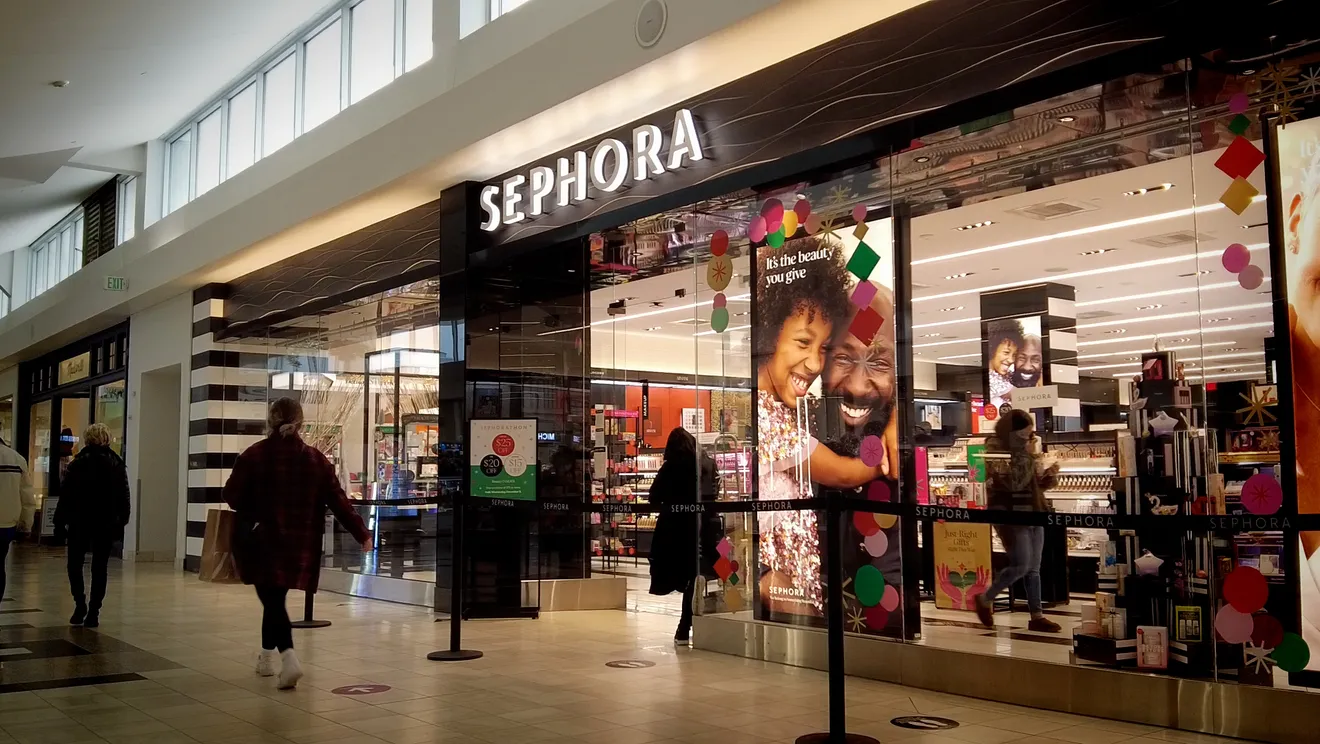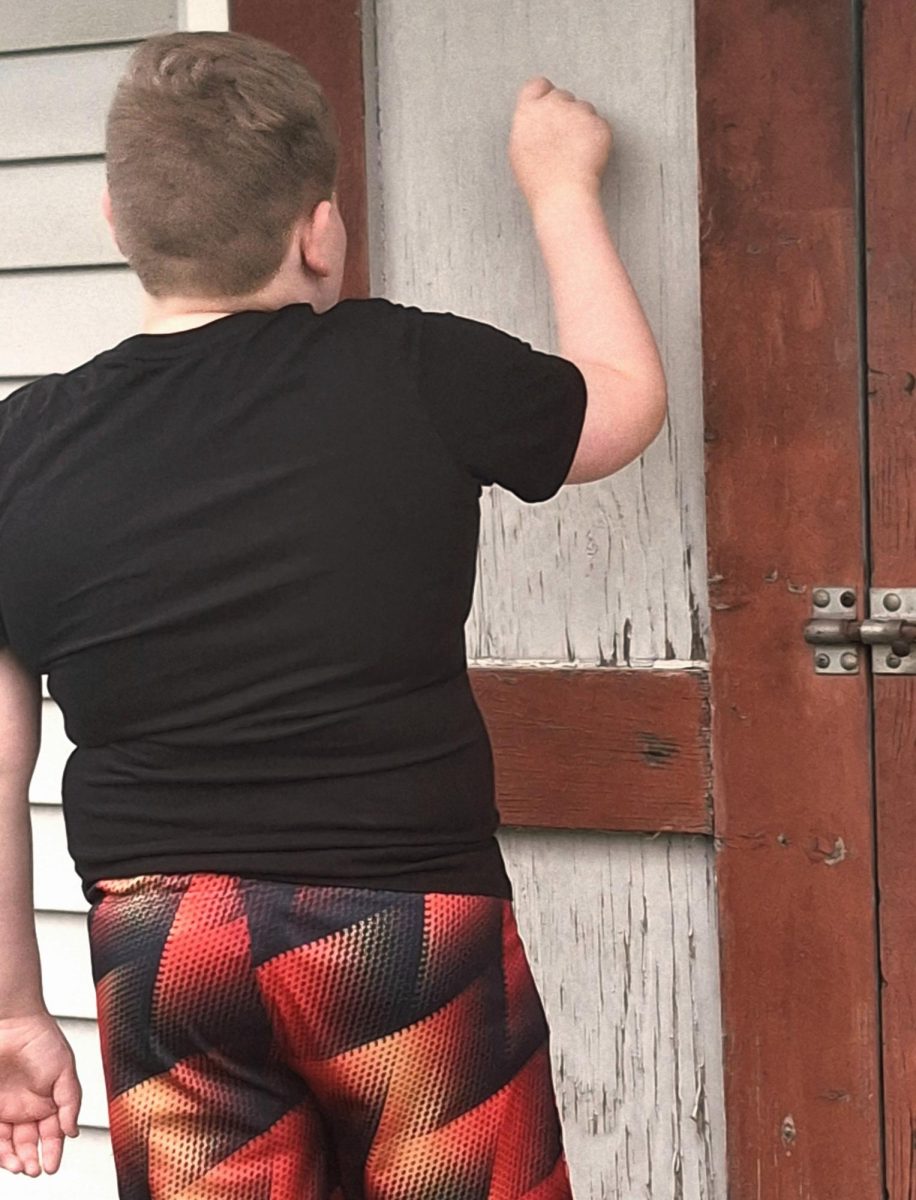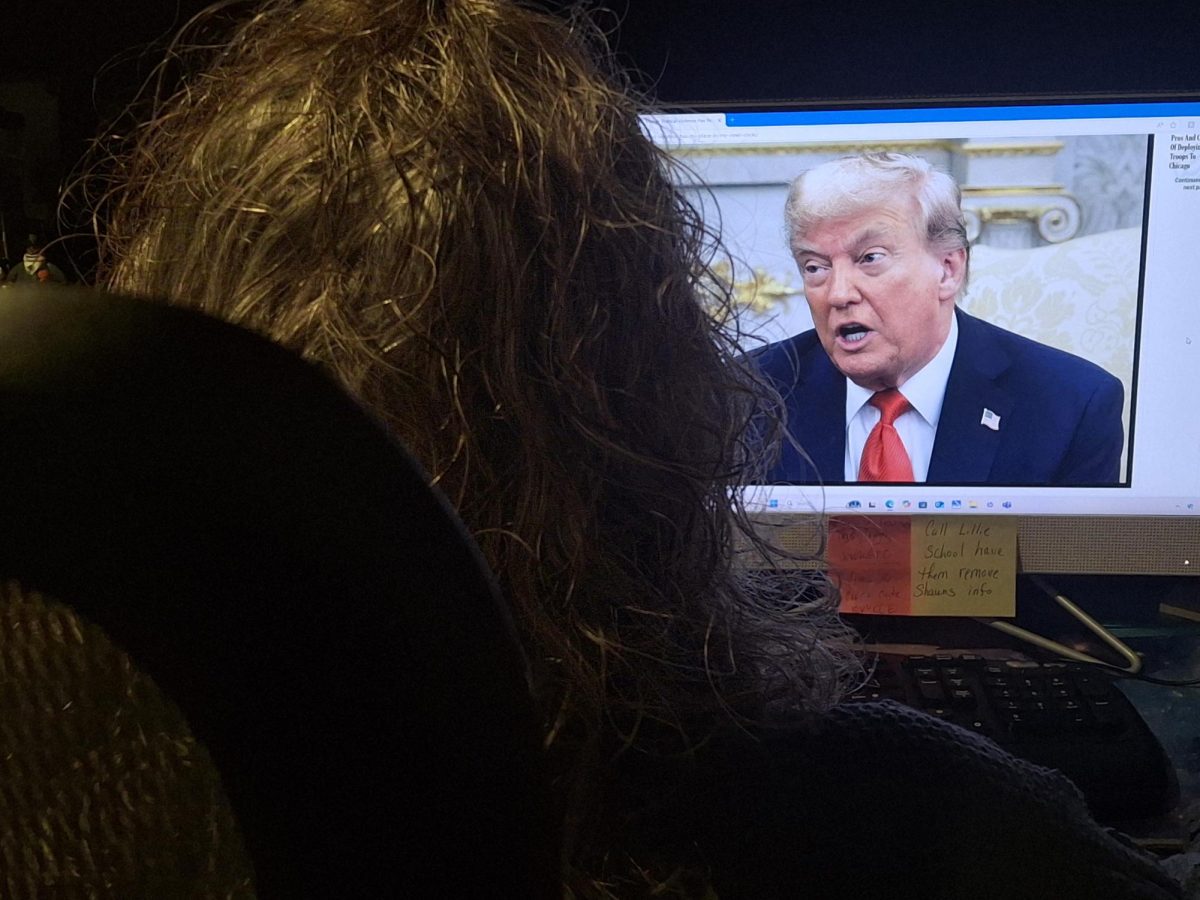Recently, people who frequent social media apps like TikTok or X are sure to have seen the ‘ten-year-olds in Sephora’ trend. Hundreds of videos and posts have been made about this seemingly growing issue of young kids coming into spaces much too mature for them and disrupting the shoppers with their inappropriate behavior. This has been a growing pattern over the last few years, with people citing the loss of third spaces and social media as ‘the death of the tween’.
One of the main reasons for this phenomena is the lack of third spaces. The term was coined by the 1989 book The Great Good Place, by sociologist Ray Oldenburg. In it, he defines them as “locations that facilitate social interaction outside of the people you live or work with and encourage ‘public relaxation’” (Today). In short, they are places like coffee shops, parks, places of worship, or community centers. They are places outside of your home, school, or work, that often don’t require you to spend copious amounts of money and foster a community of regulars and like-minded individuals.
This concept has been around for much of human history, but the 21th century has seen a significant decline in third spaces. As an article from Medium.com suggests, this trend is largely due to the widespread popularity of internet communication over face-to-face interactions. This leaves younger kids today with nowhere left to turn but online. There, they learn from influencers to overconsume and idolize their mature lifestyles.
Many millennials and Gen Z look back on their tween years as a time of self-discovery. 8-12-year-olds today, however, don’t necessarily have this luxury. They are told what to buy, and how to look from influencers who are catering to more mature audiences. Often, these products are both extremely expensive and harmful. For example, a TikTok from user @carsonbradleyxoxox showcases a young girl using retinol, a product meant for anti-aging. Continued use of retinol at such a young age can thin out your skin, making someone more susceptible to UVA rays (IntotheGloss). Along with possibly being harmful physically, teaching young girls that aging is bad can also have significant effects on their mental health. Similarly, the encouragement of overconsumption is having a damaging effect on Gen Alpha. This was seen most recently with the Stanley Cup. One TikTok user, @worstlyfe, shared a story of his little sister being bullied for having a lesser-known brand of water bottle. Discouraging individuality leads tweens to shy away from self-discovery in fear of being deemed ‘cringe’ or ‘weird’.
Staple tween shopping places are also losing their popularity, leaving them to shut down and become less accessible to the younger generation. For example, Justice, a popular store of many Gen Z girls’ childhood, was sold to Walmart in 2021 and now is exclusively being sold within their stores (Wikipedia). This encourages the younger generation to shop at spots like Brandy Melville, Hollister, and Garage; retail stores that are mostly meant for older teens and young adults.
Younger boys might not necessarily be victims of revealing tops, beauty products, or water bottles, but they are still experiencing the death of the tween in their own way. Instead of being encouraged to develop their own idea of ‘manhood,’ they often turn to extremist podcasters and Youtubers who have harmful rhetoric that encourages violence and the villainization of their female peers. The most popular of these influencers is Andrew Tate, a self-described misogynist and convicted human trafficker. Tate has parents and teachers around the US concerned for this new generation of boys. Jordan Randolph, a middle school teacher from Texas, told Business Insider just how concerning his influence is. “The younger boys, they’re so impressionable. They’re definitely at an age where they’re trying to figure out, what does it mean to be a man? What kind of man will I become? It seems like the whole Andrew Tate thing captures them.”
Kids will always be kids. Acting older than you are, following trends, and being easily influenced are all symptoms of growing up. But living on social media and not in the real world is having effects on Gen Alpha that have not been seen in any generation to come before them. Hopefully, through time, this issue will become more widely known, and kids will get to grow up more freely than they are right now.








